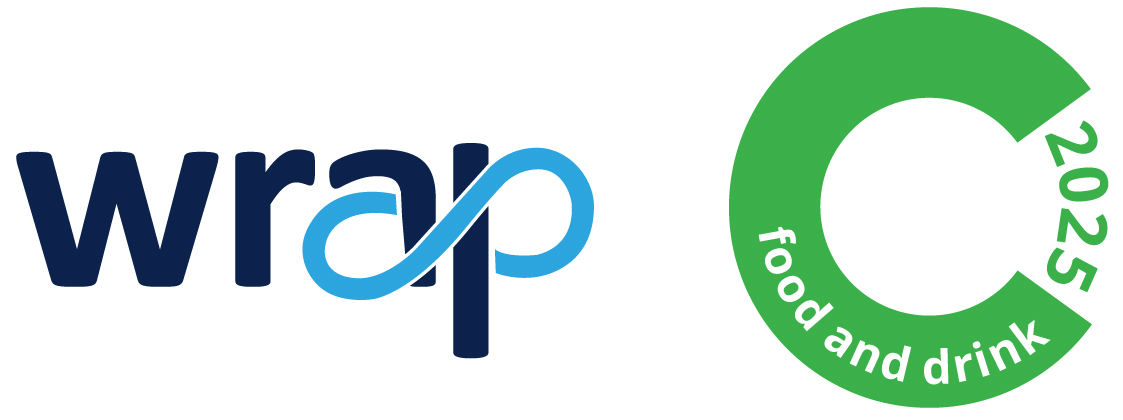Collaboration is essential for providing citizens with consistent messages on how to get the best value from their food. It creates ‘win-wins’ along the supply chain, such as retailer specifications that enable the farmer to sell more of their crop. It also helps suppliers measure and compare their own performance to ‘best-in-class’, and learn about good practice.
Since its launch in 2016, Courtauld 2025 has secured commitment from more than 150 organisations either in or with an interest in the food and drink industry. Organisations include individual businesses, sector bodies and trade associations, as well as research and academic organisations, national and local governments, and NGOs (non-governmental organisations).
Priority areas for action
To achieve the collective ambition, Courtauld 2025 signatories are working with their suppliers and customers across the entire food chain, from producer to citizen. The four main areas for action are to:
- Provide lower impact products: for example, by embedding criteria that reduce resource use into decision-making processes for product design and development, buying and sourcing.
- Provide products more efficiently: by identifying savings in whole supply chains, and implementing changes that businesses cannot tackle alone.
- Help people get more value from the food and drink they buy: by engaging citizens to influence behaviours that lead to less food being thrown away.
- Get more value from waste and surplus food and drink: by identifying wastes and surpluses that are currently under-valued, matching them to end-uses which deliver higher value, and helping broker links to innovative technologies and new market opportunities.
Courtauld 2025 helps on a global scale too, in delivering the objectives of the 2015 Paris Climate Conference (COP 21), and putting the UK on track to reduce food waste by half, in accordance with UN Sustainable Development Goal 12.3.
